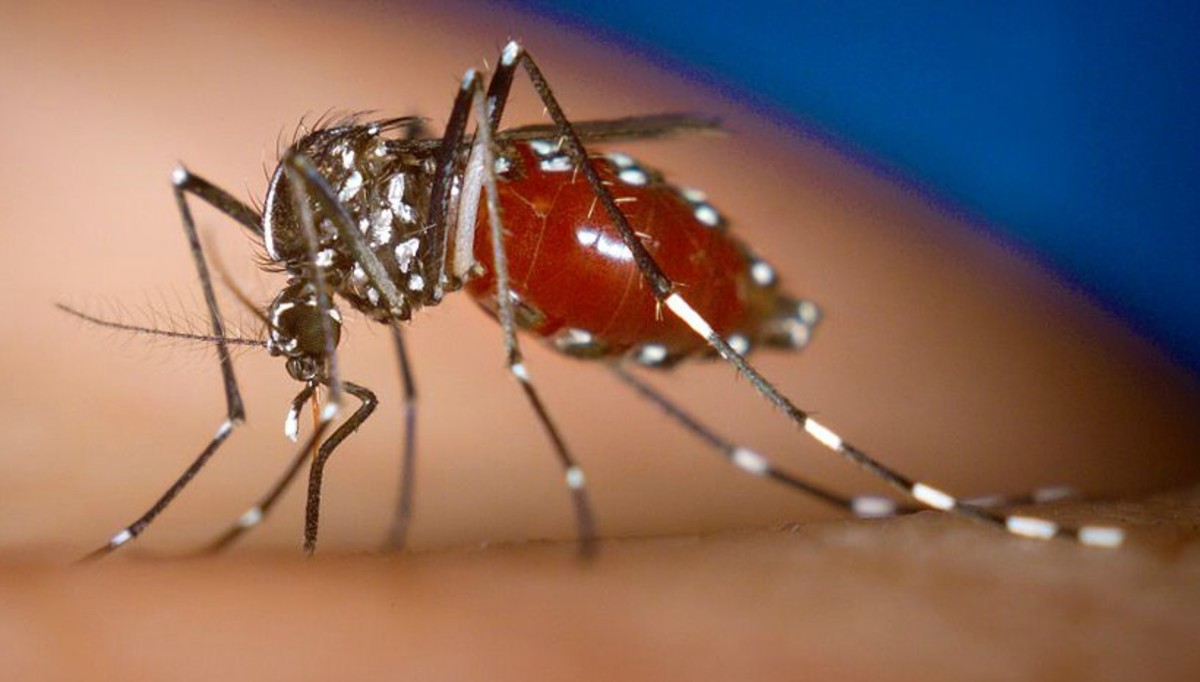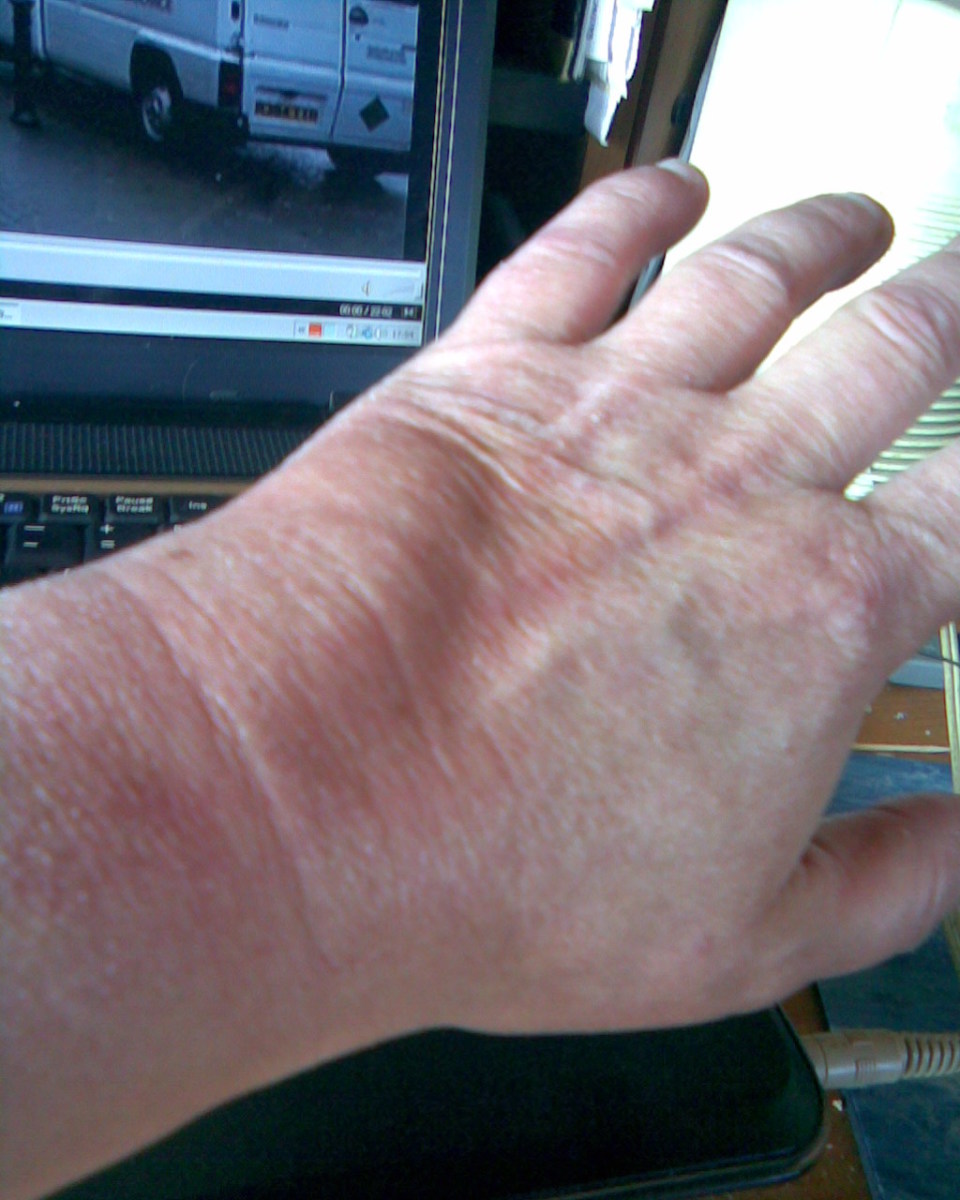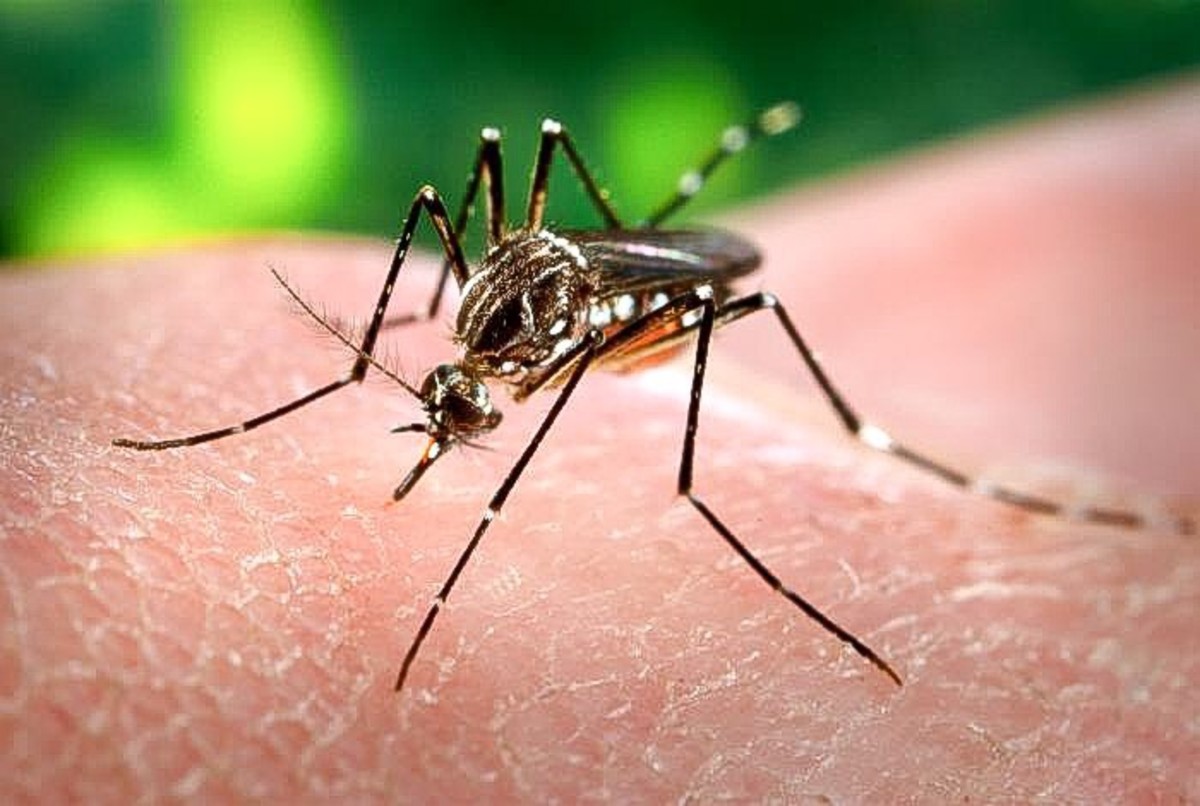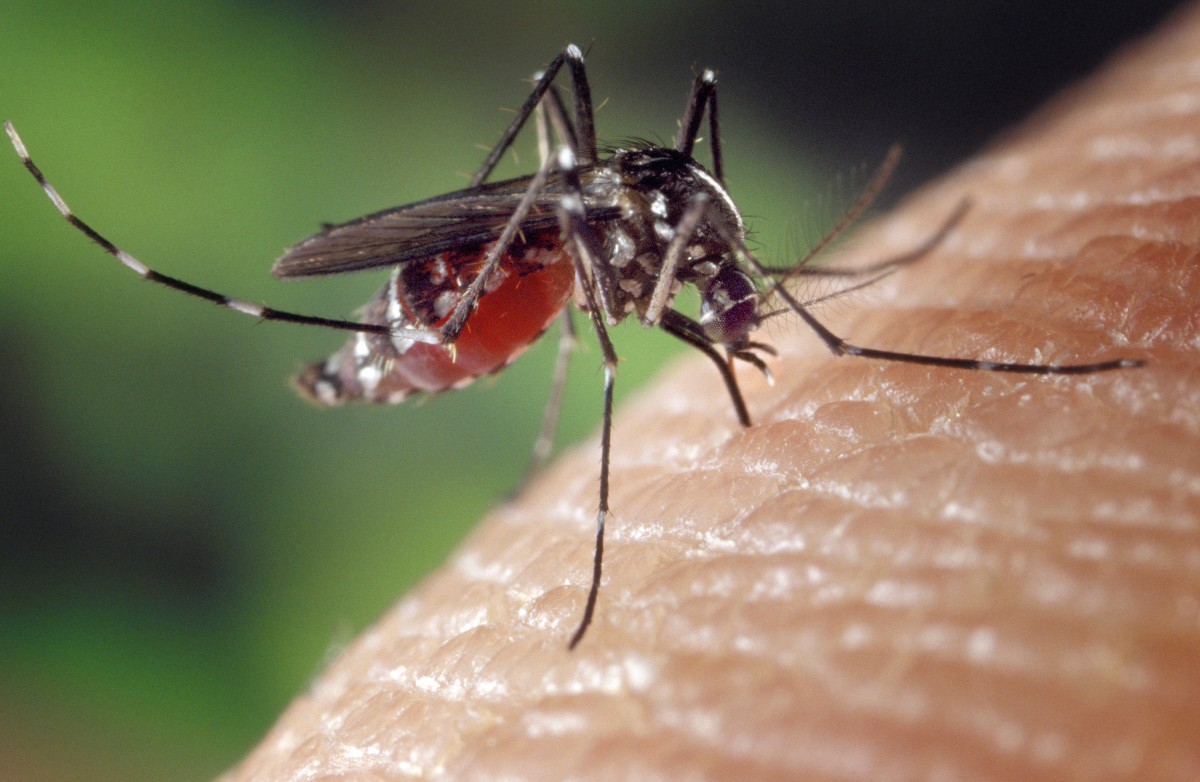How to Protect Against Dengue Fever

What Is Dengue Fever
Since Dengue Fever is now “next door” to me, in Florida, I’ve been researching the topic and learning more about it. Before we discuss how to protect against Dengue fever, you need to have a basic understanding of the disease first. Dengue fever is a viral infection that’s spread by several mosquito species found in the genus Aedes, with the two main culprits being Aedes aegypti and Aedes albopictus. Of these two species, A. aegypti is more likely to spread Dengue. A mosquito becomes infected with the virus when the insect bites an infected human. The insect then serves as host to the virus – forever. Ironically, the insect seems to suffer no ill effects at all from Dengue, but when an infected mosquito bites a human, the virus passes into the human. Most of the people infected with Dengue fever experience only mild illness, and some don’t suffer any symptoms. On average, five out of every one hundred people infected with Dengue will become very ill, and some of those will die because of the viral infection. There’s no known cure for Dengue fever, and there’s no vaccine for it, either. The only way to prevent being infected with the virus is to avoid contact with the mosquito species that carry it. Careful mosquito control is a must.

Dengue on the Move
Dengue fever has been around for a long time. The most credibly reported epidemic occurred in the late eighteenth century, devastating parts of Africa, Asia, and North America. With all the advances we’ve made in medicines and diseases, you’d think we would have made a lot of headway with mosquito diseases. We haven’t as far as Dengue is concerned, however. In fact, it’s been on the rise since the 1950s. The number of cases is increasing, and the disease is spreading to new areas. Until 2009, for example, natively contracted Dengue fever in the U.S. had been unheard of for seventy years, but the disease popped up in Key West. Since then, more cases of Dengue fever have been reported in other areas of the Sunshine State. It’s pretty widespread in Mexico and the Caribbean now, too, and it looks as if it’s inching its way north.
What areas of the world are susceptible? Generally speaking, anywhere that harbors the Aedes mosquitos that are capable of hosting the virus are susceptible – especially the aegypti version. When you look at a distribution map of these mosquitoes, you see that they’re in India, Pakistan, Bangladesh, Myanmar, Thailand, Vietnam, Malaysia, Indonesia, New Guinea, the Philippines, Australia, numerous countries in Africa, parts of South America, al of Central America, much of Mexico, and many Caribbean Islands. The mosquito can also be found in the U.S. Southeast. As far as Dengue epidemics are concerned, they’ve occurred in Southeast Asia, Africa, the Caribbean, Central America, and Mexico. Could it happen in the United States? The answer is “yes.” It doesn’t matter how advanced a nation is because there’s no effective vaccine that protects against the Dengue virus. There’s not even a known cure. When a patient develops Dengue, there’s little that doctors can do other than to treat the symptoms. With severe cases of Dengue fever, fluids and blood transfusions can be ordered, but that’s about all the health team can do. So…how does one prevent Dengue fever? The answer lies in the mosquito.
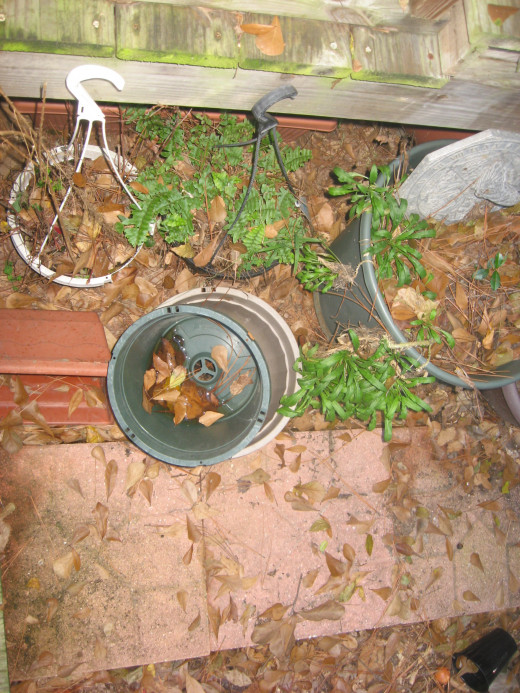
Mosquito Control
People who live in areas with aegypti mosquitoes should learn how to protect against Dengue fever with mosquito control. Generally speaking, there are two basic ways to go about this: avoid mosquitoes or kill them. And actually, it’s best to use a combination of both strategies. Let’s talk about avoiding the insects first. Aegypti mosquitoes usually bite in the mornings and at dusk, so if possible, stay indoors during those times of the day. When you have to go outside, cover up as much as possible. It’s also a good idea to spray your clothing with permethrin. Be sure to apply an insect repellant to your skin, too – one that contains DEET. Try to stay clean and cool, as mosquitoes are attracted to heat and body odor.
If you enjoy spending time outdoors on warm evenings, buy a canopy that includes netting. Spray the netting with insect repellant. That way, even if there’s a small hole or two in the fabric, mosquitoes will tend to avoid the area. If you have the insects in your home, you might want to sleep under a mosquito net. Again, it’s a good idea to spray the net with repellant.
The second part of mosquito control is to kill the insects and stop their eggs from hatching. They need standing water in order for their eggs to hatch, but it doesn’t take much water. Go over your yard with a fine tooth comb and eliminate any standing water. Be sure to check all your outdoor areas, including your deck, carport, and patio. Dump out any water you find. If you have water features like garden pools, include some fish. Don’t overlook any outdoor water bowls you might have for pets. I’ve found mosquito larva in the water dish I have under our carport for our cats. By changing their water every day, I avoid growing a new batch of mosquitoes. This brings up another point: You need to check for standing water every few days. A mosquito can go from egg to adult in less than a week. If you’re not diligent in your efforts, the little buggers will find a place to create another generation.
You might also want to invest in a mosquito killer. The kind that electrocutes flying insects are popular. Most of these have a protective grid that keeps out nosy pets, kids, and wildlife. Another type of high tech mosquito killer is the magnet trap. These things are pretty ingenious. Mosquitoes are attracted to moisture, heat, and CO2, and these devices give the insects what they want, in the form of a plume. Once the “skeeters” come to investigate, they’re sucked into a trap, and they can’t escape.
If you prefer a more natural form of mosquito control, you might want to think about inviting a few bats to take up residence on your property. Most people are afraid of bats, but the flying mammals can consume several hundred mosquitoes a night – each. In fact, according to experts, a single little brown bat might consume as many as 1,000 biting mosquitoes in an hour or so. And, by the way, the little brown bat is common in much of the United States. Try to get over your fear of bats. The infamous vampire bats don’t live in the U.S. While it’s true that bats can carry diseases, most bats are very shy and avoid humans as much as possible. Of course, you don’t want a bunch of bats living in your attic, as they can wreak havoc. Instead, supply them with a few bat houses. You can buy already built bat houses or build your own from plans. You can find free plans for bat houses online.
If all these measures of mosquito control fail, you might have to turn to pesticides. These fall into two basic categories: Larvicides, which kill mosquitoes in the larval and pupal stages; and adulticides, which kill adult mosquitoes. Obviously, larvicides are used to treat water where mosquitoes are or might be laying eggs. Some popular larvicides include Methoprene, Bacillus sphaericus, and Bacillus thuringeinsis israelensis. The latter two examples are bacteria that are harmless to people, wildlife, and pets. Methoprene is an insect growth inhibitor.
Some of the more popular adulticides are pyrethrins, which are made from chrysanthemums. These are generally safe for humans and animals, but pyrethrins don’t usually stay effective for very long because they’re destroyed by sunlight. Malathion is also used to kill flying mosquitos. When used according to directions, the product is considered safe for humans and animals. If too much is used and sprayed items are ingested, it can cause dizziness, nausea, vomiting, and other symptoms. Ingesting extremely large amounts of Malathion can cause serious problems that might lead to death.
If you acquire Dengue despite your best efforts of avoiding and killing mosquitoes, see a doctor as quickly as you can and stay as hydrated as you possibly can. I recently wrote a more detailed hub about the Dengue fever disease itself, and a hubber named ecoggins commented. He used to live in Southeast Asia and has had the virus. His wife and three of their kids had it, too. He stated that drinking copious amounts of water, along with some Gatorade, and taking Tylenol really helps. Thanks for the firsthand knowledge about Dengue fever, ecoggins! I hope others can benefit from your experience.

